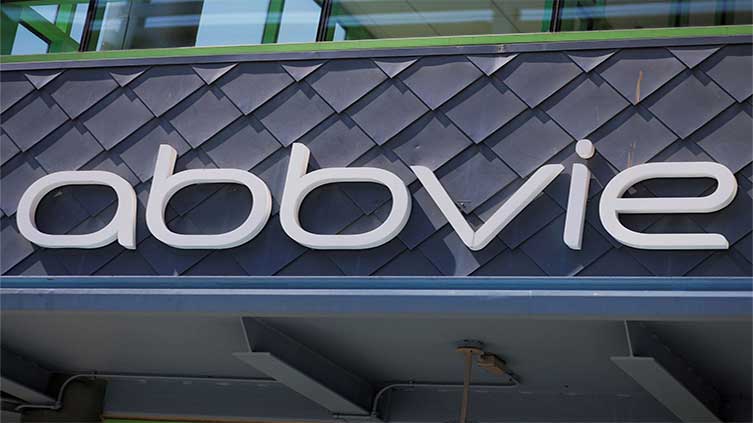U.S. FDA approves Genmab-AbbVie's blood cancer therapy

The therapy is being co-developed by AbbVie and Genmab as part of a $750 million deal
(Reuters) - The U.S. Food and Drug Administration has approved AbbVie Inc. and Danish drugmaker Genmab's blood cancer therapy for adult patients who have received at least two prior lines of treatment, the companies said on Friday.
The therapy, epcoritamab, which will be sold under the brand name Epkinly, treats a type of advanced large B-cell lymphoma, a cancer that starts in white blood cells.
It is the first-of-its-kind therapy to be approved by the FDA for the disease which annually affects 150,000 people globally.
Swiss drugmaker Roche's glofitamab is under review by the FDA as a treatment for the same set of patients for which Epkinly has been approved.
The list price of Epkinly is $37,500 per month, based on an average therapy duration of around nine months, the companies said, adding that the average price per month is expected to decrease after nine months as dosing becomes less frequent.
The approval expands Abbvie's product pipeline as it looks to cushion the blow to sales as competition for its flagship arthritis drug, Humira, intensifies.
Jefferies analyst Peter Welford estimated the drug to reach $2.75 billion in peak sales globally.
"The race to market is tight, but epcoritamab's best-in-class efficacy and convenient subcutaneous (under the skin) administration are key advantages," TD Cowen analyst Yaron Werber said in a note ahead of the approval.
The approval is based on data from a mid-stage study which showed epcoritamab injection under the skin helped 63% patients whose cancer decreased in size or disappeared after treatment.
The therapy is being co-developed by AbbVie and Genmab as part of a $750 million deal which the companies made in 2020 to jointly develop and commercialize three of Genmab's cancer-targeting antibody products.
Under the deal, the companies will share commercial responsibilities in the U.S. and Japan, with AbbVie responsible for further global commercialization.

